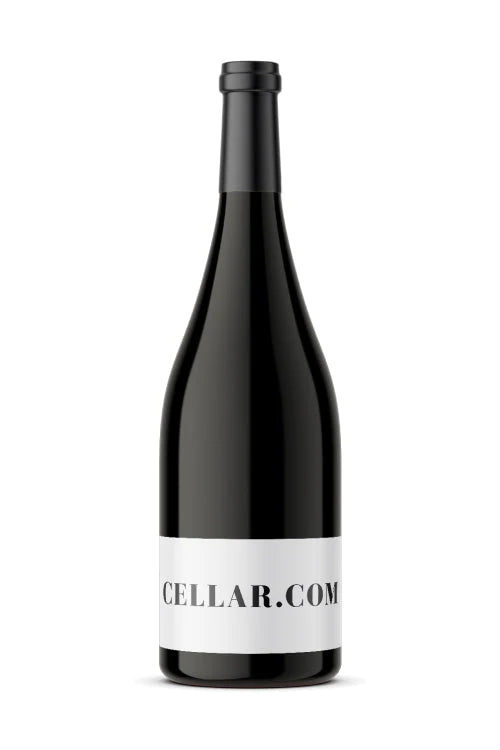1
/
of
1
Guigal Cote-Rotie Brune et Blonde - 2015 (1.5L)
Guigal Cote-Rotie Brune et Blonde - 2015 (1.5L)
Regular price
$149.99
Sale price
$149.99
Regular price
$199.99
Unit price
/
per
2010 Cote Rotie Brune et Blonde is more serious, with obvious structure and density. Fabulously perfumed, with violets, black pepper, bacon fat, coffee bean and striking minerality, this medium to full-bodied effort is concentrated, layered and brilliantly focused, with fine tannin lending edge and cut through the finish. Give it another 3-4 years in the cellar and enjoy it through 2030.
Robert Parker - 93 points
Robert Parker - 93 points
Share :

- varietal
- Region
- Type
- Reviews
Product Review
2010 Cote Rotie Brune et Blonde is more serious, with obvious structure and density. Fabulously perfumed, with violets, black pepper, bacon fat, coffee bean and striking minerality, this medium to full-bodied effort is concentrated, layered and brilliantly focused, with fine tannin lending edge and cut through the finish. Give it another 3-4 years in the cellar and enjoy it through 2030.
Product Score
93
Depending on where it's grown and how it's made, the variety has two names. In France, where it goes by Syrah, it makes a huge contribution to the red wines of the Rhone Valley. In the southern Rhone villages of Chateauneuf-du-Pape, Gigondas, and Vacqueyras it is blended with a number of varieties but mainly Grenache. It is in the northern Rhone, including Hermitage, Crozes-Hermitage,Côte-Rôtie, St. Joseph, where it most often stands out on its own, and is only occasionally blended with the region's white grapes. More recently, in the late 20th Century, Shiraz has put Australian producers such as Penfolds and d’Arenberg on the fine wine map, with cult wines like "Grange" and "The Dead Arm". Generally speaking, the style from the old world is more savoury, expressing aromas of pepper, cured meat and leather. The hotter climate experienced in Australia results in more upfront, dense and even jammy fruit. The grape has also taken off with rapid success in California and Washington, as well as South Africa and New Zealand. Producers in these regions often name their varietal wines according to the style they intend.
The Rhone is one of France’s most important wine regions. Divided into two separate zones, the north is probably the most prestigious. It is home to the appellations of Condrieu, Côte Rôtie, St. Joseph, Hermitage, and Crozes-Hermitage. Syrah is king with the exception of the Condrieu (100% Viognier) and Hermitage, which also makes big whites from Marsanne and Roussanne. The South is a much larger region where most Cotes du Rhone and Cotes du Rhone Village come from. In the villages of Châteauneuf-du-Pape, Gigondas, Vacqueyras, and Rasteau, Syrah is blended in varying proportions with Grenache, Mourvedre, Cinsaut, and a host of obscure varieties such as Muscardin, Vaccarese, Terret and Counoise, to produce full-bodied reds brimming with energy.
Red wine is wine made from dark-coloured grape varieties. The color of red differs based on the grapes variety or varieties used.Interestingly, black grapes yield a juice that is greenish-white. The actual red color comes from anthocyan pigments (also called anthocyanins) from the skin of the grape (exceptions are the relatively uncommon teinturier varieties, which produce a red colored juice). Most of the production centers around the extraction of color and flavor from the grape skin.


